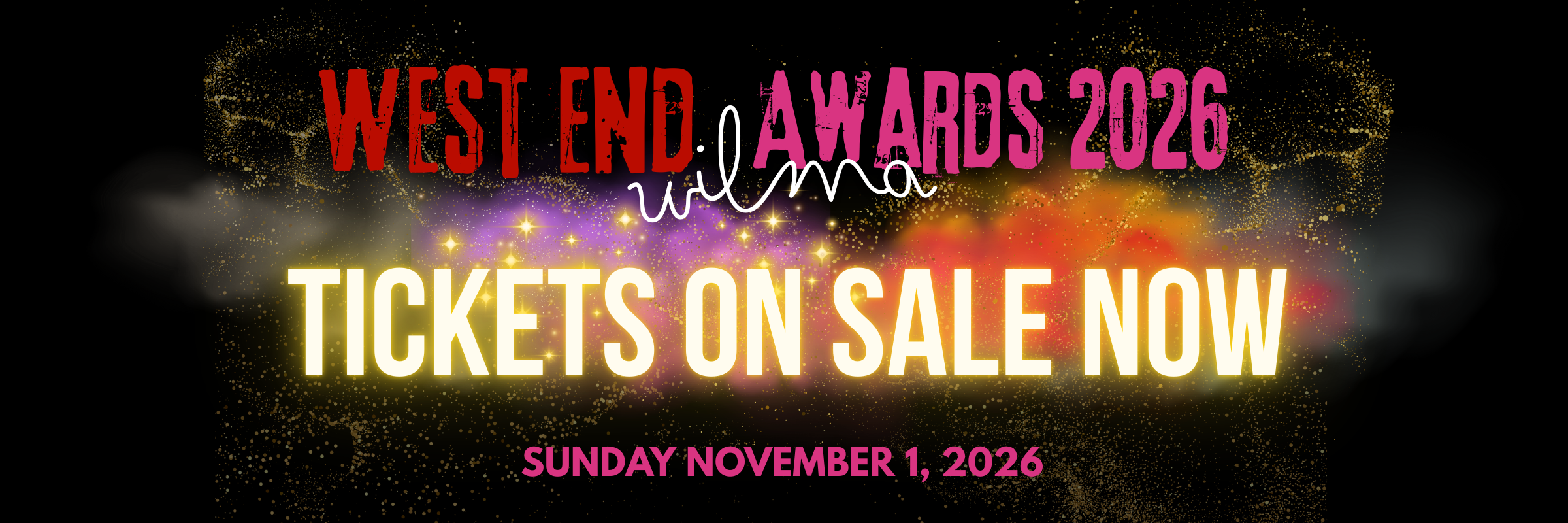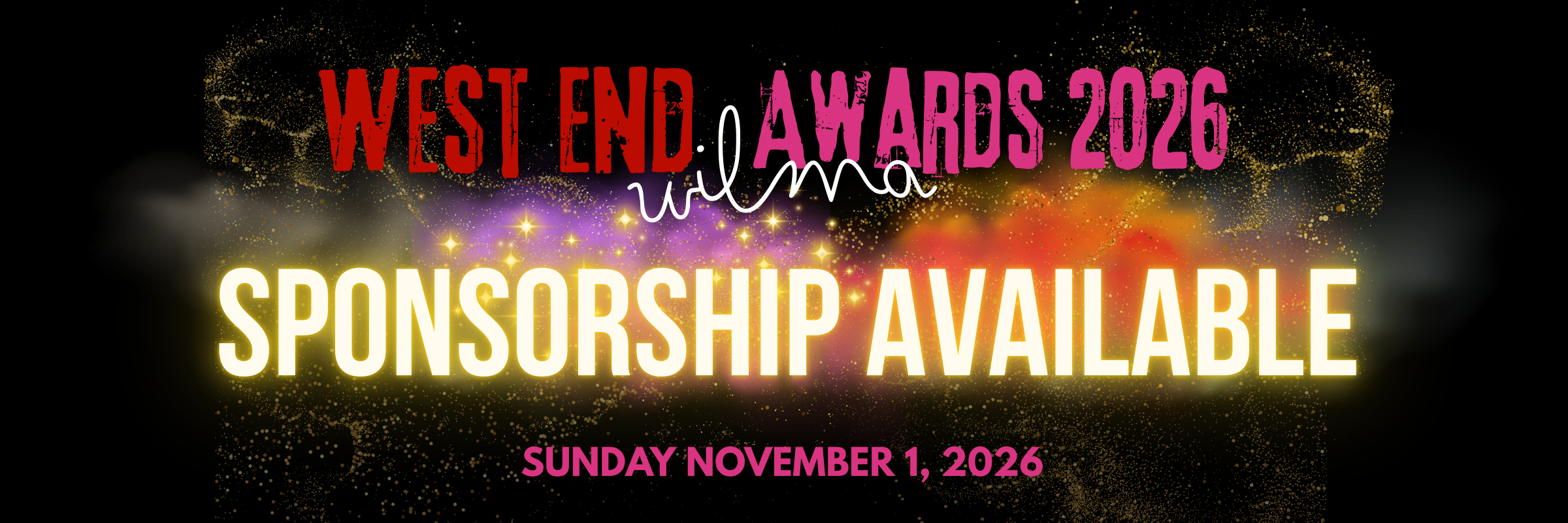 Today, it is more difficult to choose a play and perform it in its traditional setting, rather than taking a contemporary angle. Ivo van Hove, a true example of this, chooses to take Ibsen’s Hedda Gabler from 1891 for his National Theatre debut. Hedda is a female character in literature that readers and audiences have loved to hate, and Ruth Wilson performing as Hedda has previously played a female character at the National that we also love to hate, Jane Eyre. But whilst I pinpoint for emotional exposure throughout, the neutrality of Ivo van Hove’s staging provides an uncomfortably comfortable watch.
Today, it is more difficult to choose a play and perform it in its traditional setting, rather than taking a contemporary angle. Ivo van Hove, a true example of this, chooses to take Ibsen’s Hedda Gabler from 1891 for his National Theatre debut. Hedda is a female character in literature that readers and audiences have loved to hate, and Ruth Wilson performing as Hedda has previously played a female character at the National that we also love to hate, Jane Eyre. But whilst I pinpoint for emotional exposure throughout, the neutrality of Ivo van Hove’s staging provides an uncomfortably comfortable watch.
There is no sense of location or time and neither can we see any phones, tablets, computers or even outside setting. This and the repetitive soundtrack throughout of Joni Mitchell’s “Blue” is perhaps a reflection of Hedda’s trapped mentality, feeling disappointed in her marriage to Tesman, an academic who has just come back from his six month travel for his latest paper, and she chooses to flirt with the charmingly dangerous judge Brack. A bleak plot requires a rethinking in staging. Van Hove’s raw white box set reflects the stillness of Ibsen’s script as well as Hedda as a character who is truly out of place with her peers — a housewife with no life goals, no daily routine and is somewhat a setback to the rest of her peers’ lives.
Ruth Wilson delivers a striking performance against van Hove’s set, from subtle and lacking any sort of movement leaning against a piano and feeling at home, to then as a raging flame firing gunshots and throwing household objects around her apartment. It is the most tragic of scenes that are the most beautifully staged particularly with Jan Versweyveld’s lighting, with each moment of emotional change for Wilson proving improvisational in how mentally unstable she is. And whilst her anger can be perceived as fiery, she cannot move on from her marriage whereas her friend Thea can, showcasing how Hedda is the least courageous of the cast.
Kyle Soller as Tesman is an energy needed to both support Hedda as well as the bleak text, and Kate Duchê is entertaining as Tesman’s aunt, becoming playful with her dialogue. Rafe Spall as Brack also picks away at the text and exercises with where to place depth and accent to certain parts, providing a fiendishly charming performance. But whilst I have mentioned ‘charming’ and ‘comforting’ throughout my perception of van Hove’s Hedda Gabler, surely that is missing the point? It cannot and shouldn’t be comforting to watch someone lose mental control and edging towards her dangerous consequences, with some audience members laughing consistently at Wilson’s dryness. And whilst I am in adoration of both the design and Wilson, I cannot help thinking that not only has her character lost the plot but also van Hove too in finding any emotional truth in his interpretation of Ibsen’s tragedy.
Reviewed by Barry O’Reilly
Photo: Jan Versweyveld
HEDDA GABLER plays at the National Theatre until 21 March 2017


